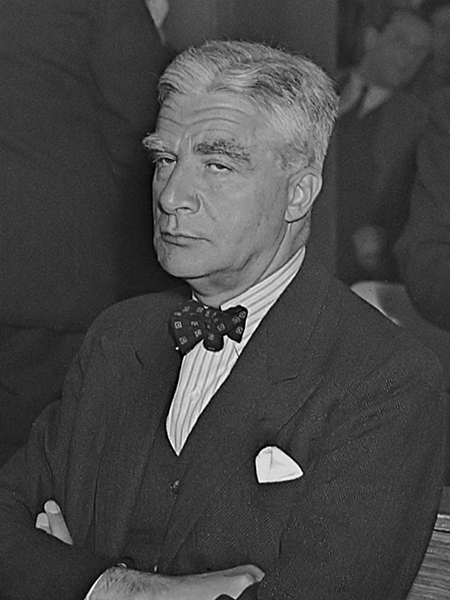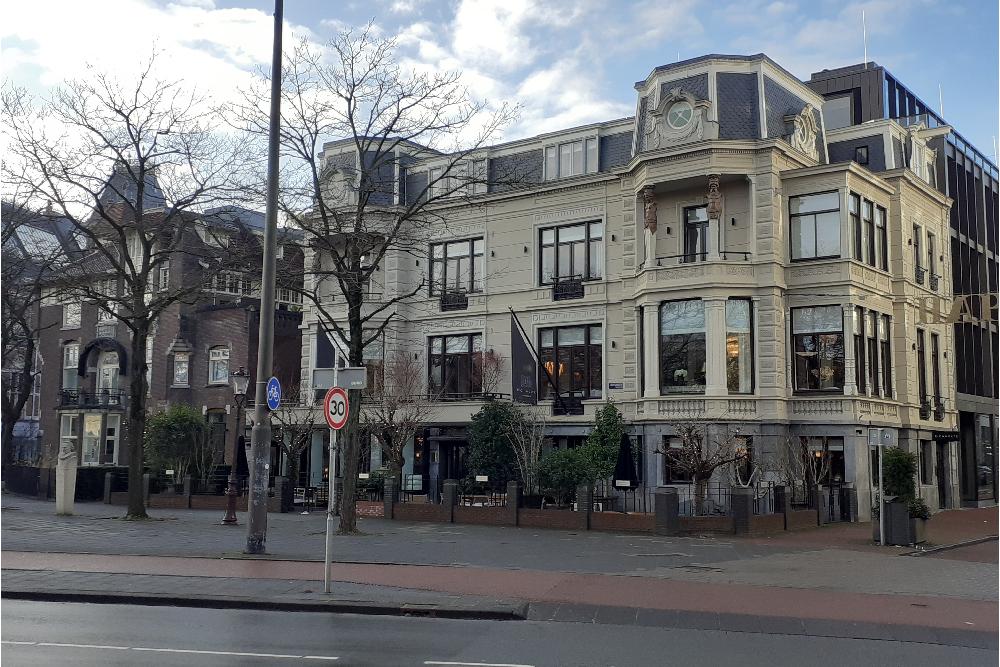Voûte, Edward Johan (John)
- Date of birth:
- September 17th, 1887 (Amsterdam/Noord-Holland, The Netherlands)
- Date of death:
- June 18th, 1950 (Amsterdam/Noord-Holland, The Netherlands)
- Nationality:
- Dutch
Biography
Descended from a Huguenot family that traded with the Dutch East Indies. Born in Amsterdam, he grew up in Batavia. Sent to the Netherlands for education at a young age, he later attended naval training in Den Helder (1907–1910). Known as friendly and conscientious.
After a brief stint in the navy, he became adjutant to the Crown Prince of Surakarta during his visit to the Netherlands in 1913. He married Ernestine Louise Fransen van de Putte; they had three sons. His naval career ended abruptly in 1915 after a panicky reaction to a mine clearance order, after which he was honorably discharged.
Through family connections, Voûte secured a position with the Royal Dutch Lloyd (Koninklijke Hollandsche Lloyd) and later became active in the Amsterdam trading world. In 1925, he became secretary of the Royal Netherlands Academy of Arts and Sciences (KNAW) and attended international conferences as a government delegate. He published on geography and settled with his family in Bergen, where he politically aligned himself with the liberal Middle Bloc but pursued a solo career.
His loyalty to Germany was demonstrated when he enlisted in the Germanic SS in 1940 (becoming a favored member) and applied for high-ranking administrative positions. He was appointed mayor of Amsterdam by the occupying forces on March 3, 1941. Voûte generally cooperated, dismissed opponents of the regime, and facilitated the exclusion and deportation of Jews. Through clever maneuvering, he did, however, manage to prevent a planned ghetto in Amsterdam.
After 1943, he changed his stance somewhat and allowed the police force to evade repression. His influence waned, and Seyss-Inquart saw him only as a loyal executor. After the war, Voûte was arrested, convicted of collaboration, and sentenced to three and a half years in prison in 1947. He died shortly after his release. He had to surrender his royal distinction in 1950.
Do you have more information about this person? Inform us!
Sources
- Photo 1: Co Zeylemaker / Anefo (CC Attribution Share Alike 3.0)
- - Nederlandsche Staatscourant, 10 mei 1950
- Stamboek
- Huygens Instituut
- Kanselarij der Nederlandse Orden






